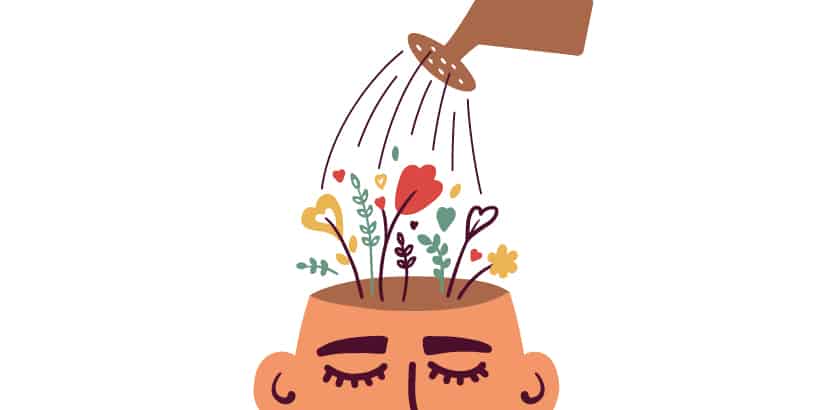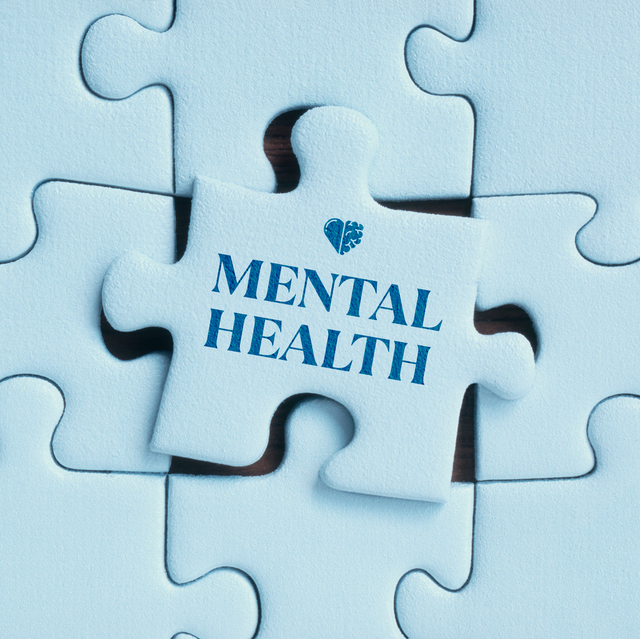Understanding the Impact of Workout on Mental Wellness and General Wellness
In the world of mental health and wellness and overall wellness, the value of exercise is a complex subject that necessitates exploration. Beyond its physical benefits, the influence of exercise on one's mental wellness has been a topic of expanding interest and study. The elaborate interaction between exercise and mental health reveals a range of positive results that extend far past the boundaries of a gym or a running track. As we browse through the complexities of this connection, a much deeper understanding of how exercise affects our psychological state and overall health arises, clarifying the profound ramifications it holds for our day-to-day lives and long-term health and wellness.
Benefits of Exercise on Mental Wellness

Routine workout has been shown to considerably improve psychological health and wellness end results in people of any ages. Participating in routine workout not only advantages physical health but likewise plays a critical function in enhancing psychological wellness. One of the key advantages of workout is its capability to decrease signs and symptoms of stress and anxiety and depression. Physical task promotes the launch of endorphins, likewise called the "feel-good" hormonal agents, which can help alleviate sensations of tension and boost mood.
Moreover, workout has actually been linked to enhanced cognitive feature and total mind health and wellness. In addition, workout advertises far better rest patterns, which are essential for maintaining good mental health and wellness.

Link Between Workout and Anxiety
Exercise offers as a potent mechanism for reducing tension and promoting psychological wellness by helping with the launch of endorphins and promoting a sense of leisure and rejuvenation. When tension levels increase, the body's fight-or-flight feedback is activated, leading to boosted cortisol levels. Routine exercise assists neutralize this reaction by reducing cortisol levels, which subsequently minimizes stress and anxiety. Additionally, exercise promotes the production of endorphins, commonly referred to as the body's all-natural pain relievers, which serve as mood elevators and stress reducers - Mental Health Services.
Involving in physical task additionally offers a disturbance from daily stressors, allowing individuals to concentrate on today moment rather than ruminating on sources of stress. Additionally, exercise can boost self-worth and self-confidence, giving a feeling of accomplishment and control that can fight feelings of helplessness typically related to anxiety. By including workout into a regular routine, individuals can effectively handle tension levels, causing boosted mental health and general top quality of life.
Impact of Workout on Mood
The relationship in between exercise and mood is well-documented, with countless research studies highlighting the positive impacts of physical task on mental health. Furthermore, normal exercise can lead to enhanced self-worth and a sense of achievement, which can further improve one's total mood.
Additionally, the influence of exercise on state of mind expands beyond just the immediate post-workout period. Research study suggests that people who maintain a constant workout regimen are more probable to experience long-lasting renovations in their state of mind and emotional state. This can be credited to the structural modifications in the mind that take place as an outcome of regular physical task, such as raised connection read the article in between mind areas responsible for regulating emotions.
Exercise and Cognitive Feature
Various research studies have actually shown the substantial impact of physical activity on cognitive feature, highlighting the complex partnership in between exercise and psychological processes. Engaging in regular exercise has been shown to improve numerous elements of cognitive function, consisting of memory, interest period, analytical skills, and total mental skill.
In addition, constant physical task has actually been linked to a lowered danger of cognitive decline and informative post neurodegenerative illness such as Alzheimer's. Studies recommend that individuals that preserve an energetic lifestyle throughout their lives experience slower prices of cognitive decline contrasted to those who are less active. In general, the proof overwhelmingly sustains the notion that normal exercise is not just helpful for physical health yet likewise plays a vital function in preserving and improving cognitive function.
Strategies for Incorporating Workout
Embracing a structured technique to integrating physical activity right into daily routines can considerably improve the chance of maintaining a consistent exercise regimen. Furthermore, integrating workout into existing routines, such as walking or biking to work, taking the stairs instead of the lift, or organizing normal exercise sessions, can assist make physical activity a habitual part of daily life.
Another useful tactic is to locate tasks that are enjoyable. Whether it's dance, swimming, yoga, or cycling, participating in activities that bring satisfaction raises the opportunities of sticking to the exercise routine in the future. Moreover, varying the kinds of workouts and establishing aside time for both strength-training and aerobic tasks can protect against boredom and provide a holistic approach to physical conditioning.
Including exercise into social tasks, such as joining a sporting activities group or workout team, can also cultivate a sense of area support and liability, making it much easier to stay devoted to routine workout. investigate this site By carrying out these techniques, people can create a lasting and fulfilling workout routine that promotes psychological health and total wellness.
Verdict
To conclude, workout has various advantages for mental health and wellness and overall wellness. It can aid reduce anxiety levels, enhance state of mind, and enhance cognitive function. Including regular physical task right into one's routine is important for advertising psychological well-being. By comprehending the influence of exercise on mental wellness, people can take proactive steps to prioritize their physical task and gain the positive impacts on their emotional and mental state.
